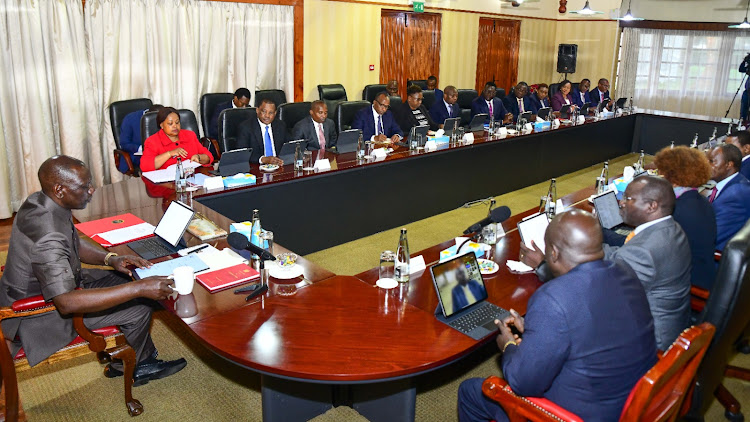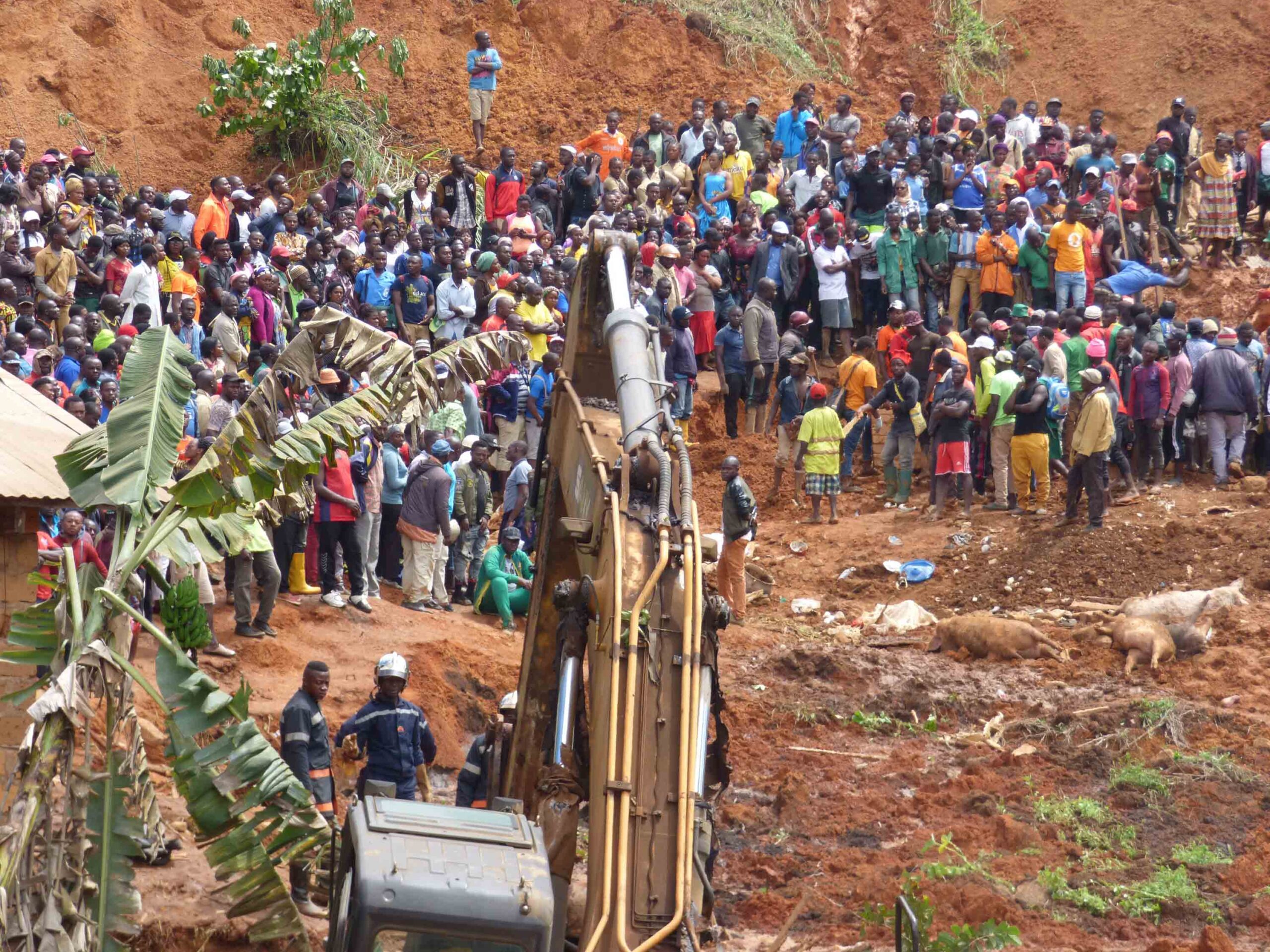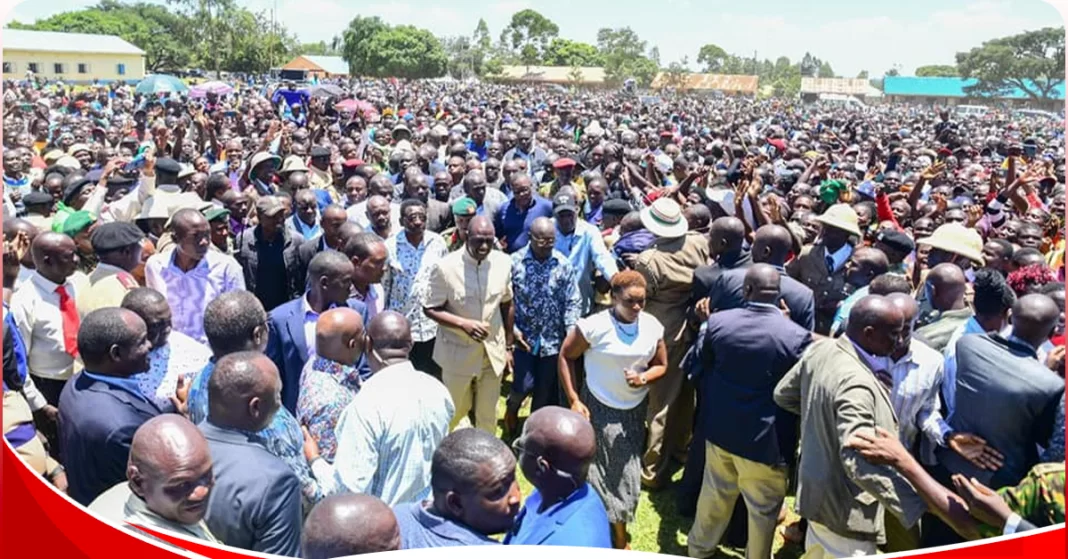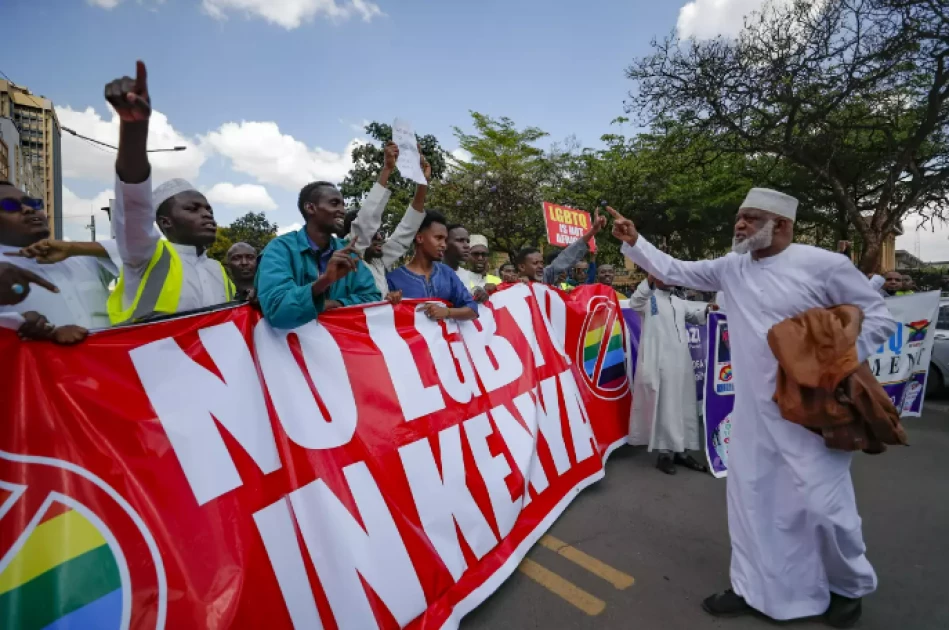KDF AWAITS COURT ORDER TO ACT
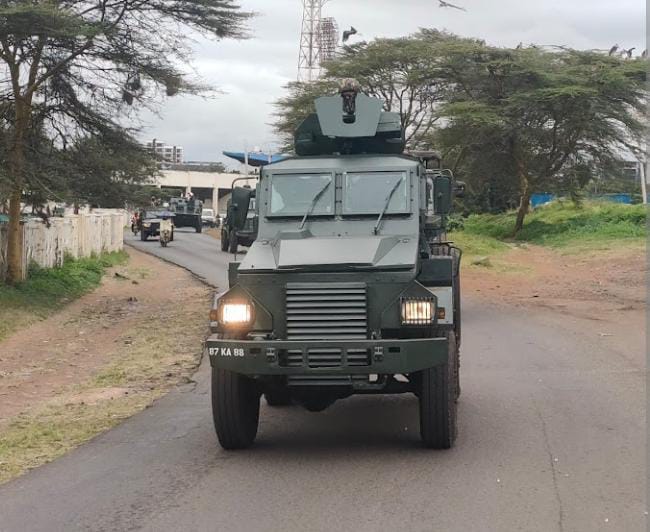

The recent developments in Kenya, tensions have escalated as the Kenya Defence Forces (KDF) were hastily deployed, only to be withdrawn following legal challenges and public outcry. The sequence of events underscores a contentious political climate and constitutional concerns.
This began with the Law Society of Kenya (LSK) swiftly seeking legal recourse to halt what they deemed an unlawful deployment of KDF soldiers. Their petition, lodged presumably on grounds of constitutional violations, prompted a judicial response that sent the soldiers back to Langata Barracks. This legal maneuver followed closely on the heels of a secretive parliamentary session, shrouded from media scrutiny, where a select few members ratified a gazette notice related to the deployment. This opaque legislative process drew criticism, particularly from opposition coalition members who claimed exclusion from the decision-making process.
Homabay County Women Representative, Bensuda, voiced concerns over the lack of opposition representation during this parliamentary session, further complicating the legitimacy of the deployment order. Moreover, these events unfolded shortly after President’s announcement to withdraw the controversial bill, signaling broader political maneuvering and public discontent.
According to Article 115(b) of the constitution, the president holds the authority to assent to bills for them to become law, indicating a procedural requirement possibly bypassed or contested in this case. The summoning of army officers, orchestrated through the gazette notice by Cabinet Secretary for Defence Aden Duale, culminated in a visible show of military force at Nyayo Stadium, followed by a procession back to barracks under unclear circumstances.
Simultaneously, demonstrations erupted across various cities, notably in Mombasa, where youth-led protests demanded the President’s resignation amidst allegations of governmental corruption. Such public expressions reflect mounting frustration and disillusionment with the current administration’s governance.
The constitutional framework stipulates that in the event of a presidential resignation, the deputy president assumes office, emphasizing the legal and political ramifications of the ongoing turmoil. As Kenya navigates these turbulent waters, the integrity of democratic institutions and adherence to constitutional norms will undoubtedly be scrutinized both domestically and internationally.
In conclusion, the interplay between legal challenges, parliamentary procedures, military deployments, and public protests underscores the delicate balance between executive authority and constitutional oversight in Kenya’s evolving political landscape. The coming days will likely determine whether these developments lead to stability or further polarization within the nation.






